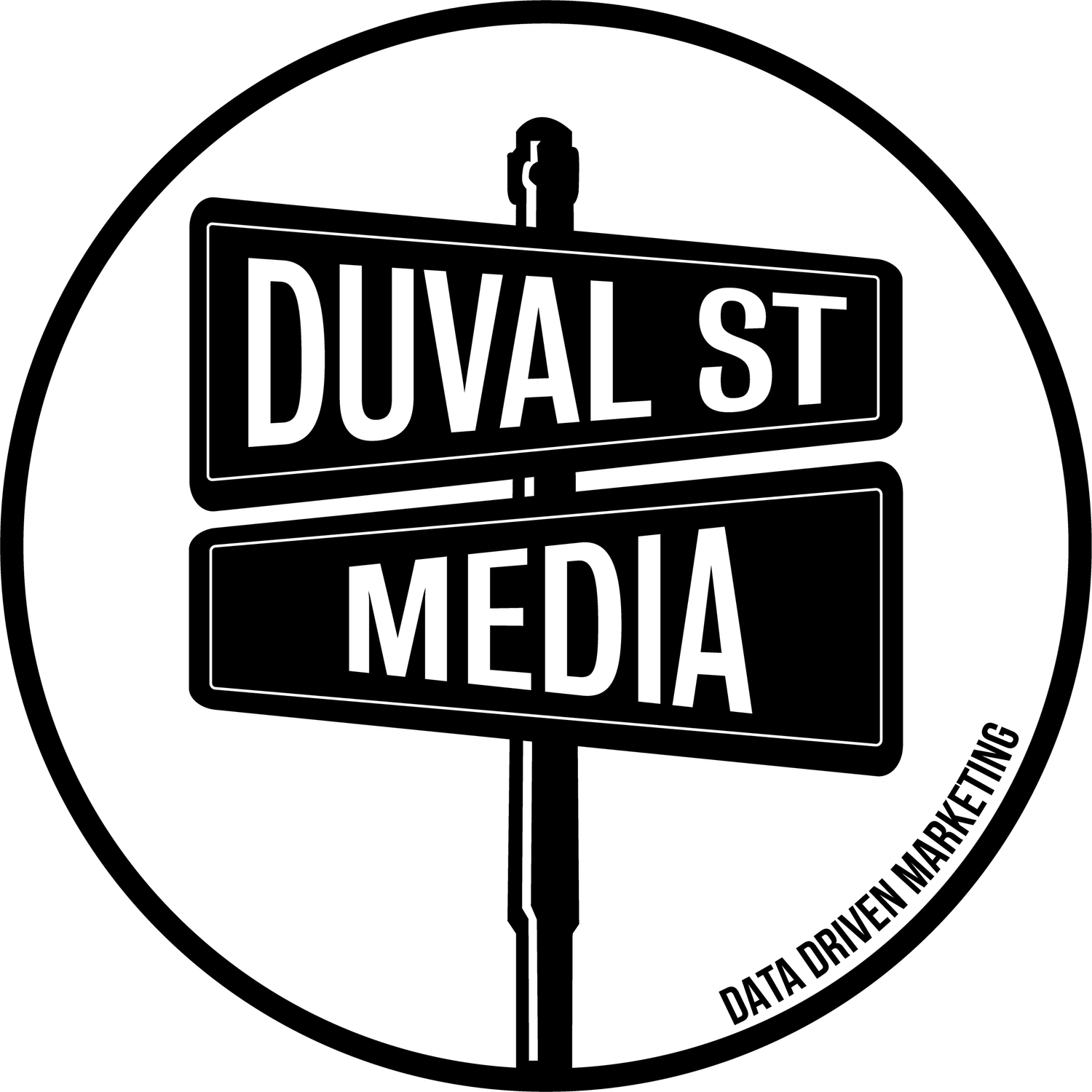Why Website Optimization is Essential for Boosting Hotel Bookings
In the highly competitive hospitality industry, your hotel’s website is often the first point of contact with potential guests. A well-optimized website not only attracts visitors but also converts them into paying guests. In this blog, we’ll explore why website optimization is essential for boosting hotel bookings and how you can leverage proven strategies to improve user experience, increase conversion rates, and drive more direct bookings.
Section 1: The Importance of Website Optimization for Hotels
First Impressions Matter: Your website is your hotel’s digital front door. According to research, it takes only 0.05 seconds for users to form an opinion about your website, and 38% of people will stop engaging with a website if the content or layout is unattractive. For hotels, this means that an outdated or poorly designed website can drive potential guests away before they even have a chance to explore your offerings.
Conversion Rate Optimization (CRO): Website optimization goes beyond aesthetics—it’s about creating a seamless user experience that guides visitors toward booking a stay. Conversion rate optimization (CRO) focuses on increasing the percentage of visitors who complete a desired action, such as booking a room or signing up for a newsletter. By optimizing your website’s layout, content, and functionality, you can significantly boost your conversion rates.
Section 2: Key Website Optimization Strategies
1. Speed and Performance
Faster Loading Times: Website speed is critical for user experience and SEO. A one-second delay in page load time can lead to a 7% reduction in conversions. Ensure your website is optimized for speed by compressing images, using a content delivery network (CDN), and minimizing HTTP requests.
Mobile Responsiveness: With over half of all web traffic coming from mobile devices, having a mobile-responsive website is essential. Google’s mobile-first indexing means that the mobile version of your site is what’s primarily used to determine your rankings. A mobile-optimized website not only improves user experience but also boosts your SEO performance.
2. Clear and Compelling Calls to Action (CTAs)
Guide Visitors to Book: Your website’s CTAs should be clear, compelling, and strategically placed to guide visitors toward booking a stay. Phrases like "Book Now," "Check Availability," or "Exclusive Offer" should be prominently displayed on your homepage, booking pages, and within pop-ups.
Use Urgency and Scarcity: Create a sense of urgency by highlighting limited-time offers, such as "Only 2 rooms left at this price!" or "Book by [Date] for a special discount." These tactics encourage visitors to take immediate action, increasing your conversion rates.
3. User Experience (UX) and Design
Intuitive Navigation: A well-organized website with intuitive navigation helps visitors find the information they need quickly and easily. Simplify your menu structure, use descriptive labels, and ensure that important pages (such as rooms, amenities, and booking) are easily accessible from the homepage.
Visual Appeal: High-quality images and videos that showcase your hotel’s unique features can enhance the overall user experience. Use a clean, modern design with plenty of white space to keep your website looking professional and inviting.
4. Direct Booking Incentives
Exclusive Offers: Encourage visitors to book directly through your website by offering exclusive incentives, such as discounts, complimentary breakfast, or free upgrades. Make these offers highly visible on your homepage and booking pages.
Promotional Pop-ups: Use strategically timed pop-ups to inform visitors about special promotions or encourage them to sign up for your newsletter. For example, a pop-up offering a 10% discount for booking directly can be a powerful tool for converting visitors into guests.
5. Chatbots and Live Support
24/7 Availability: Installing a chatbot on your website ensures that guests can get immediate answers to their questions, even outside of regular business hours. Chatbots can assist with common inquiries, guide users through the booking process, and even offer personalized recommendations based on user preferences.
Increase Engagement: Chatbots can help keep visitors engaged and reduce bounce rates by providing instant support and reducing the friction involved in the booking process.
Section 3: The ROI of Website Optimization
Cost-Effective Investment: Unlike paid advertising, which requires continuous investment, website optimization is a one-time or periodic effort that can yield long-term benefits. By improving your website’s performance, you can reduce your reliance on OTAs and increase your direct bookings, ultimately boosting your revenue.
Higher Conversion Rates: According to HubSpot, companies that prioritize conversion rate optimization see an average of a 3x increase in conversion rates. For hotels, this translates to more direct bookings and higher revenue.
Enhanced Guest Experience: A well-optimized website provides a better user experience, which can lead to higher guest satisfaction and loyalty. Happy guests are more likely to leave positive reviews, recommend your hotel to others, and return for future stays.
Conclusion
Website optimization is not just a nice-to-have; it’s essential for any hotel looking to boost bookings and stay competitive in the digital age. By focusing on speed, user experience, clear CTAs, direct booking incentives, and 24/7 support, you can create a website that not only attracts visitors but also converts them into loyal guests. Ready to optimize your hotel’s website for maximum impact?
Contact Duval Street Media today, and let’s start turning your website into a booking powerhouse.
